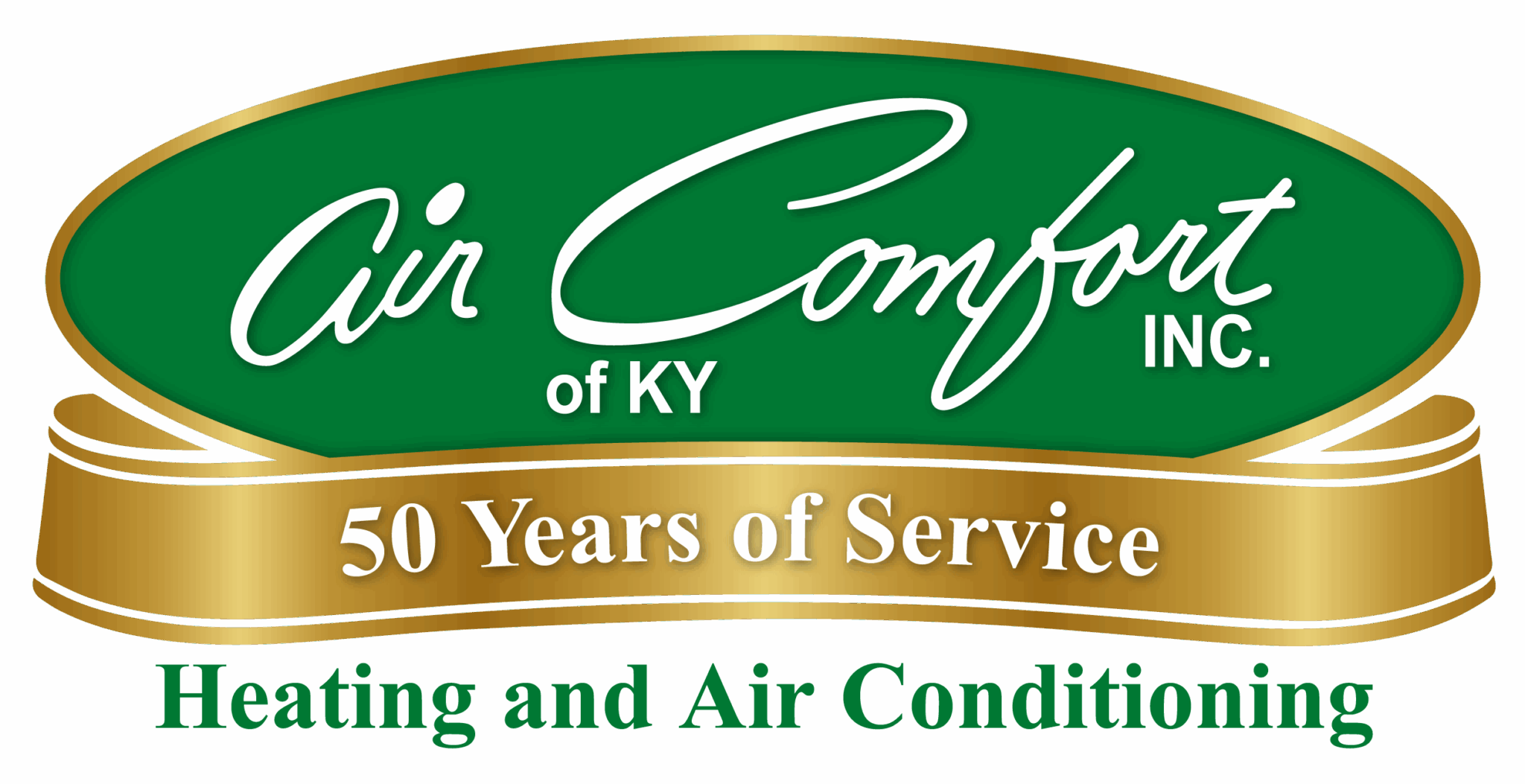As autumn rolls in, it brings with it the joys of cozy sweaters, pumpkin-spiced treats, and stunning foliage. While many of us love this season, it can pose some unexpected challenges for our HVAC systems, especially the outdoor units. Fallen leaves and debris can create serious issues if not addressed, leading to reduced efficiency or even damage. In this blog, let’s explore how fall leaves can impact your outdoor HVAC unit and share some friendly tips to help you prevent problems.
The Impact of Fall Leaves on Your HVAC System
Your outdoor HVAC unit, usually the condenser for your air conditioning system, plays a crucial role in keeping your home comfortable. It pulls in outside air, cools it, and circulates it indoors. However, during fall, leaves, twigs, and other debris can accumulate around and inside your unit, leading to several potential problems:
- Airflow Blockage: Your condenser needs a clear airflow to function properly. When leaves and debris pile up around it, they can obstruct airflow, forcing the system to work harder. This not only spikes your energy consumption but can also lead to premature wear and tear. Over time, you may notice that your home doesn’t cool down as effectively or that the HVAC system runs longer to achieve the same results, increasing wear on the components.
- Clogged Coils: If debris finds its way inside, it can clog the condenser coils, which are essential for releasing heat from your home. Blocked coils can cause your system to run inefficiently, resulting in higher energy bills and potential breakdowns. If left unattended, clogged coils can also lead to overheating, which could damage critical components and result in costly repairs.
- Moisture Buildup: Wet leaves around your unit can trap moisture, leading to rust and corrosion over time. This can significantly shorten your HVAC system’s lifespan. The damp environment can also create a breeding ground for mold and mildew, which may not only damage your unit but could also lead to health issues for your family.
- Pest Attraction: Accumulated leaves create a cozy habitat for pests like insects and rodents. These critters may decide to make a home near or even inside your HVAC unit, risking damage to electrical components or insulation. Some pests can chew through wiring, leading to shorts or even fires, while others might nest in warm spaces, causing blockages that further hinder airflow.
Tips to Keep Your HVAC Unit Safe from Fall Leaves
Keeping leaves and debris away from your outdoor HVAC unit is easier than you might think. Here are some straightforward maintenance steps you can take:
- Regular Clearing: Make it a habit to check your outdoor unit at least once a week during fall. Remove any accumulated leaves and debris—this can be done by hand or with a leaf blower, just be careful not to damage the unit. Regularly clearing the area will not only keep your HVAC unit in good shape but will also help you spot any potential issues early on.
- Trim Nearby Vegetation: If you have trees or shrubs close to your outdoor unit, give them a trim to minimize falling leaves and debris. Aim for a clear space of 2-3 feet around the unit to promote proper airflow. Not only does this help your HVAC system breathe easier, but it also reduces the chances of pests finding a place to hide.
- Consider a Protective Cover: If you won’t be using your air conditioner during the fall and winter, think about investing in a breathable cover. This will help keep leaves, snow, and other debris out while allowing airflow to prevent moisture buildup. Just remember to remove the cover when you start using your system again to ensure proper ventilation.
- Clean the Coils: If you spot leaves or debris inside the unit, clean the coils by turning off the power and gently spraying them with a garden hose. Avoid using high pressure to protect the delicate fins. Regular coil cleaning will enhance efficiency and prolong the life of your system, helping you maintain a comfortable home all year round.
- Schedule a Professional Inspection: Autumn is an excellent time to book a professional HVAC inspection. Our technicians can clean your outdoor unit and ensure everything is running smoothly before winter sets in. They can also check for any signs of wear or damage, providing you with peace of mind as temperatures drop.
Why Fall HVAC Maintenance Matters
By keeping your outdoor HVAC unit clear of leaves and debris, you not only prevent costly repairs but also help your system run more efficiently. A well-maintained HVAC system means lower energy bills and a longer lifespan for your equipment. Plus, you’ll have peace of mind knowing your unit is ready for the winter months ahead.
When you invest a little time and effort into your HVAC system this fall, you’re setting yourself up for a more comfortable and cost-effective winter. Regular maintenance can also improve your indoor air quality by reducing the chances of mold and other allergens circulating through your home, benefiting your family’s health as well.
While fall leaves are a beautiful part of the season, they can cause significant issues for your HVAC system if left unattended. By following these simple tips, you can keep your outdoor unit in top shape and ensure it stays effective throughout the cooler months. Remember, a little maintenance now can save you from bigger headaches—and expenses—down the road! Embrace the beauty of autumn while also taking care of your HVAC system, and you’ll enjoy a warm, cozy home all season long.
